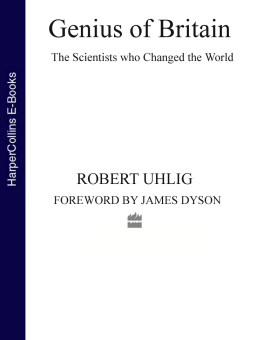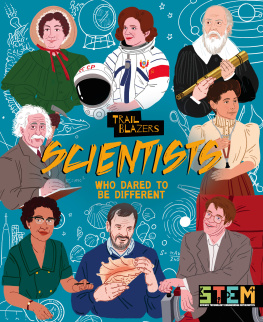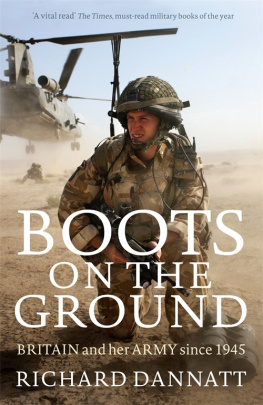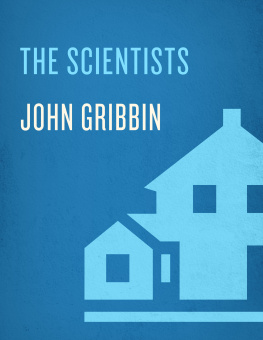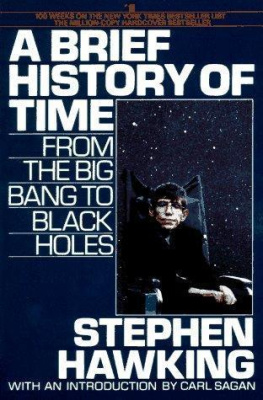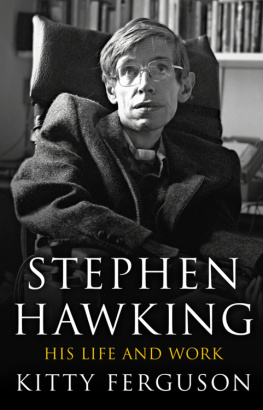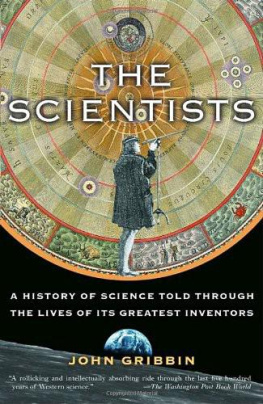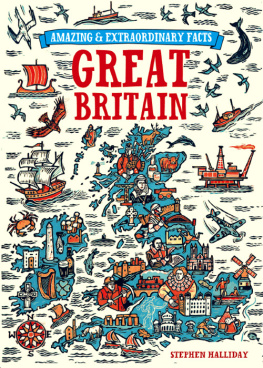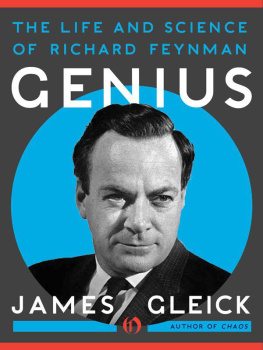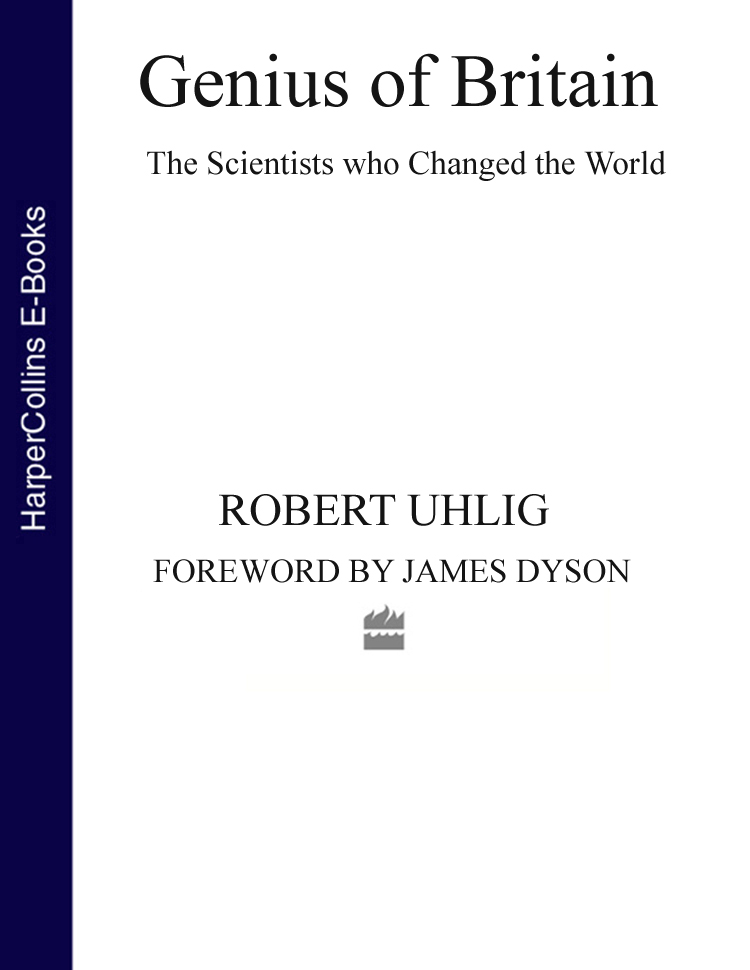

CONTENTS
William Gilbert, Bede the Ecclesiastical, Alfred the Great, Robert the Lotharingian, Walcher of Malvern, Petrus Alfonsi, Adelard of Bath, Robert of Ketton, Robert of Chester, Daniel of Morley, Robert Grosseteste, Bartholomew the Englishman, Roger Bacon, The Merton Calculators, William of Ockham
William Harvey, John Napier, William Oughtred, Francis Bacon
Thomas Willis, Robert Boyle, The Royal Society
Robert Hooke, Isaac Newton
Edmond Halley, Isaac Newton
Henry Cavendish, Joseph Black, Daniel Rutherford, Joseph Priestley, Humphry Davy
Thomas Savery, Thomas Newcomen, James Watt, William Murdock, Richard Trevithick
John Ray, Francis Willughby, Joseph Banks, John and William Hunter, Edward Jenner, Charles Lyell, James Hutton
Charles Darwin, Alfred Wallace, Thomas Henry Huxley
William Wollaston, Michael Faraday, James Joule
William Thomson, Isambard Kingdom Brunel, James Clerk Maxwell
William Crookes, J.J. Thomson, John Dalton, Ernest Rutherford, Charles Barkla, Nils Bohr, Henry Moseley, James Chadwick, John Cockcroft, Paul Dirac
Alexander Fleming, Howard Florey, Ernst Chain, Norman Heatley, Dorothy Hodgkin, Alan Turing (and Charles Babbage), Frank Whittle
James Watson, Francis Crick, Maurice Wilkins, Rosalind Franklin, Bill Hamilton, Fred Hoyle, Stephen Hawking
This book was written to accompany the Channel 4 series Genius of Britain. Although some of the content was drawn from the television series, the book spans a wider period and includes the achievements and lives of many more great British scientists than broadcast, as well as several migr scientists who made their most significant discoveries in Britain.
Many thanks to Professor Jim Al-Khalili, Sir David Attenborough, Richard Dawkins, Sir James Dyson, Professor Stephen Hawking, Professor Sir Paul Nurse, Professor Kathy Sykes and Professor Lord Robert Winston for allowing extracts from their commentary in Genius of Britain to be used in this book. Most of the comments are drawn directly from the production of the series. In some cases, they have been edited by the presenter to suit the printed medium. For Stephen Hawking, it is extremely important to emphasise that his comments are exactly as spoken in the series.
Copious thanks are owed to everyone at RDF and IWC Media who assisted with the genesis of this book, in particular Mark Lesbirel, Victoria Ramirez, Peter Collins and Rachel Bell. Thanks also to Susanna Abbott, Denise Bates, Hannah MacDonald and Helena Nicholls at HarperCollins. For excellent guidance and advice, many thanks to Julian Alexander and everyone at LAW.
Its one of the fundamental things that makes us human: wondering why the world is the way it is. For some of us, it is enough merely to wonder. For most, basic explanations of why and how we came to be here satisfy a casual curiosity. But for a special few the British geniuses featured in this book entire lives are dominated by posing questions that no one has asked before, and then finding the answers.
Thats what this book is about: the lives and achievements of the Britons who discovered and decoded the mysteries of the universe. Men and women who changed our perception of ourselves and of our surroundings from a belief in mystical superstitions to rational understandings of our existence. Household names such as Isaac Newton, Charles Darwin and Michael Faraday, but also lesser-known geniuses such as J.J. Thompson, John Hunter and Fred Hoyle.
This history of British science and its scientists begins in the late seventh century, when Vikings were overrunning the last vestiges of Roman culture. Only a few monks in the north-east of England were keeping scientific enquiry alive by studying and translating classical Greek and Roman philosophical works of nature, medicine, astronomy and arithmetic. But in this tiny pocket of philosophical learning the course was being set for the unimaginably rich and fascinating journeys of scientific exploration that continue to this day.
And what journeys they were! Over the next thirteen centuries British scientists would embark on great sagas of endurance involving determination, cunning, rivalry and co-operation. These are men and women who through blood, sweat and tears overcame all the obstacles to find out the truth. Theirs are stories of obsession, of people who pushed the boundaries and who injected themselves with syphilis or drank poison or blew themselves up or undertook suicidal voyages all in the name of discovery. And as successive generations of British scientists built upon the work of their predecessors in their quest for truth and understanding, they were beset by frustrations, setbacks and disasters as frequently as triumphs, serendipities and celebrations. But ultimately their quest for knowledge and understanding would change the course of history and shape civilisation.
We Britons have so much of which to be proud with respect to our role in the history of science. As a nation, we punch a long way above our weight perhaps more so over the last 400 years than any other nation. And yet I sometimes wonder whether we really appreciate our scientific heritage. Most of us know that Britain was the cradle of the Industrial Revolution, but how many of us realise that it was also the birthplace of the Scientific Revolution? And that many of the worlds greatest scientists were either Britons or did their greatest work in Britain?
We may only be a small island, but we are far from small minded. Britains great inventors and scientists have taken mankind to places and into worlds that we only dreamed possible. The steam engine, evolution, the atom, the computer and the world wide web British science has quite literally created the modern world. And in this book, and the Channel 4 television series that it accompanies, the stories of the people who did it are told.
Albert Einstein famously kept three photographs on the wall of his study of the three men he considered the true giants of science, and all of them were Britons: Isaac Newton, Michael Faraday and James Clerk Maxwell. To this illustrious company, add Charles Darwin, or the great experimentalists Robert Hooke and Robert Boyle, or John Hunter, the pioneer of modern surgery, and Edward Jenner, the man who took enormous risks to prove the principle of vaccination, and then theres Alexander Fleming, who discovered penicillin. The list goes on. Thomas Savery and James Watt (and a supporting cast that included Richard Trevithick and William Murdock) fathered the steam engine, one of the greatest and most influential of inventions. Beginning with J.J. Thompson, two generations of great British minds made most of the fundamental discoveries concerning atomic and nuclear structure, including various forms of nuclear radiation and the first splitting of the nucleus. And its not over yet. In Cambridge, Professor Alan Windle is creating the wonder material of the future, carbon nanotubes.
Thanks to these great Britons, Britain has played a leading role in the discoveries that have helped us understand our place in the universe. It happened because these scientists all shared a curiosity about the world about how the universe works and why.

